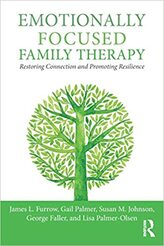EMOTIONALLY FOCUSED FAMILY THERAPY (EFFT)
LIVE ONLINE TRAINING
***This event has passed. Don't miss any others! Sign up for our SFCEFT newsletter. ***
“You can take the child out of the family, but you can never take the family out of the child.” ~ Gerry Fewster, Psychotherapist




